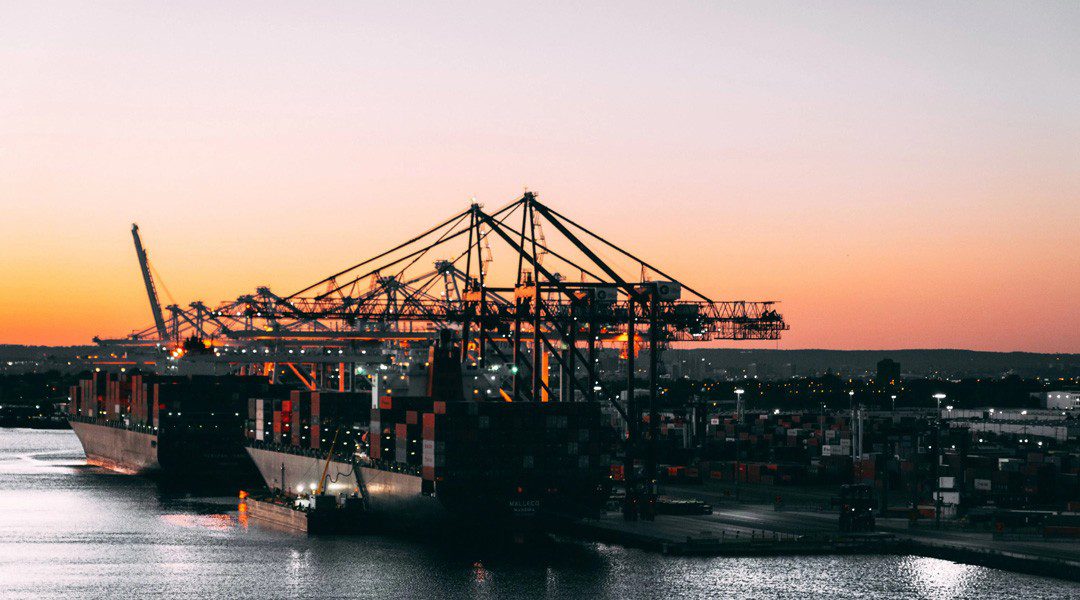Air pollution of ships in ports constitutes a significant concern for coastal areas and port cities. Connecting ships to Onshore Power Supply (OPS) can significantly reduce GHG emissions. FEPORT, which represents the interests of 1225 private port companies and terminals employing over 390.000 workers, therefore supports the efforts of the EU Commission and Parliament to increase the deployment of OPS in maritime ports. However, when implementing an ambitious policy regarding the rollout of OPS and other alternative fuels infrastructure, it is key that the financial and operational responsibilities of each stakeholder are clearly defined.
FEPORT therefore calls on the TRAN Committee to clearly specify in the Alternative Fuels Infrastructure Regulation (AFIR) which port stakeholder1 is responsible for the deployment of refuelling and recharging infrastructure such as OPS in consistency with other pieces of EU legislation.
FEPORT would also like to underline that OPS deployment depends on the availability of green grid capacity as well as on the installation of different sub stations and connection points in and outside the port. Moreover, the voltage needs to be adapted before the electricity can be finally provided to the ship. Therefore, in view of the operational complexity and financing needed for OPS and other alternative fuels infrastructure3, FEPORT believes that the responsible party for the deploymentof OPS should remain the managing body of the port.
Terminals can, on a voluntary basis, offer OPS as a service when a business case is established and a return on investment is ensured. However, the successful implementation will depend on the involvement of many stakeholders (e.g., shipping lines, local authorities, port authorities and electricity companies, etc.). FEPORT therefore believes that, as a general principle, port authorities and managing bodies of ports, supported by Member States, should remain the responsible party for building, managing and maintaining the basic infrastructure in ports, including the deployment of OPS and clean bunkering facilities. Finally, to prevent stranded assets and a waste of public money, the “Fit for 55” legislation should include sufficient guarantees that the infrastructure offered is actually used by ships calling EU ports.
Source: The Federation of European Private Port Companies and Terminals






